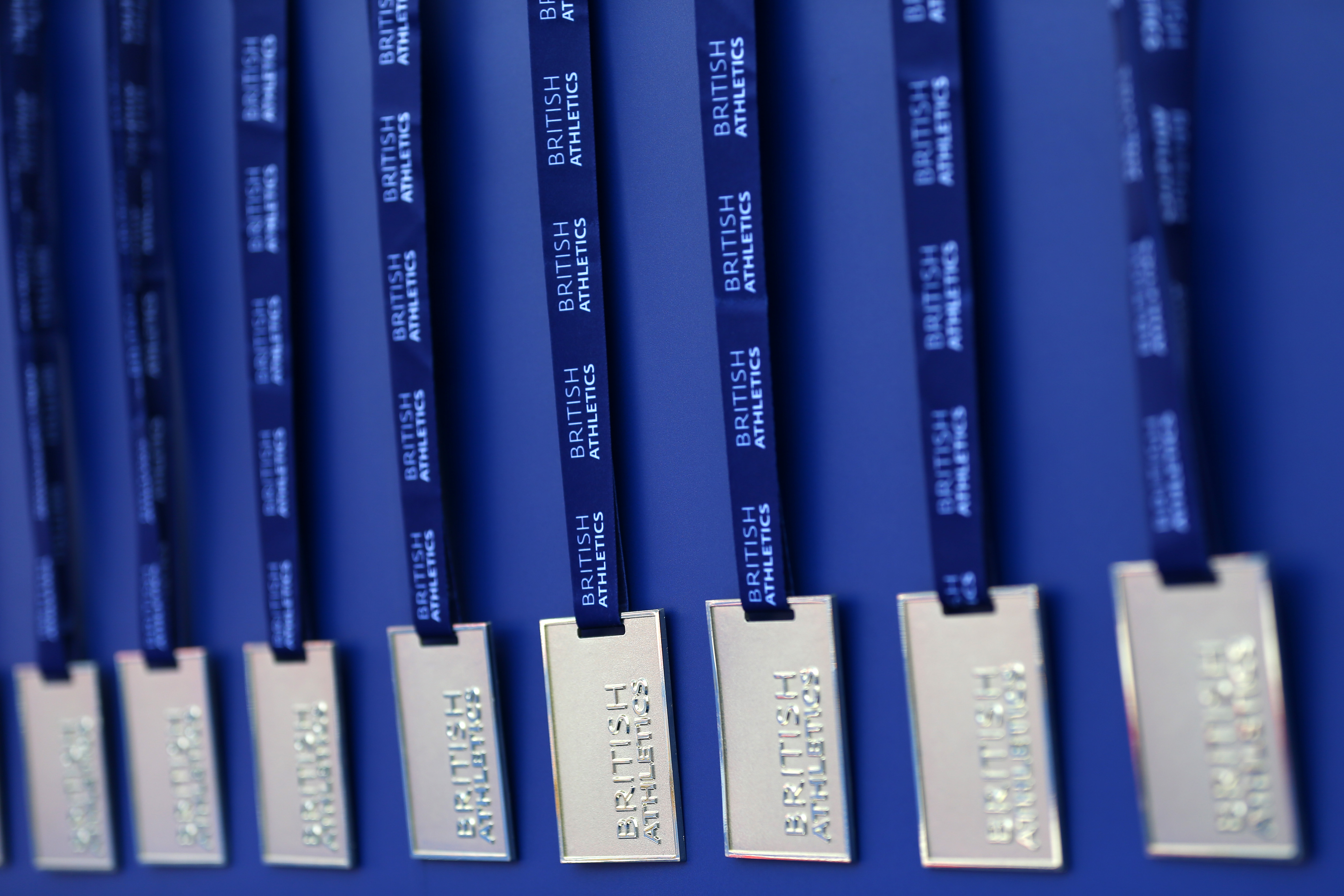
The aim of this present study was to: map the composition of the athletics coaching workforce in the UK, understand the experiences of high-performance female coaches working within their organisations, understand the impact of gender diversity amongst coaches on high-performance athletes, and to gather insight into the organisational processes and practices towards achieving gender equality within the home country governing bodies as well as UK Athletics itself.
The second stage of the research also included interviews with a diverse (in terms of gender, (dis)ability, and ethnicity) sample of high-performance athletes to understand what it means to be an athlete in the current athletic culture and how issues of coach diversity and inclusion may impact them. Further, the second stage of the research included interviews with an organisational representative from each of the home countries and UK Athletics to understand the governing body’s perspective on issues of gender diversity and inclusion within coaching, and how this thinking informs their approach towards such issues.
It is intended that this evidence will form the basis of specific and practical key recommendations towards shifting thinking and approaches to gender diversity and inclusion across the U.K.
To find out more about the aim and process of this research project, please click here
If you would like a full copy of this research project, please email us at info@femalecoachingnetwork.com
- For the athlete-focused stage of the research, eight high-performance athletes, from a mix of demographic backgrounds, were interviewed. Part of the purpose of the interviews was to understand what it meant to be an athlete within their current national governing body and how did they experience the culture. Their responses resonated with the coaches’ accounts: the athletes described a metrics-based culture underpinned by a performance-narrative. The focus and emphasis of NGBs, the athletes experienced, was often on medals and winning.
- Many of the participants did feel supported by their clubs and NGBs if they were potential medal-winning athletes. The resources, in particular the medical support, and facilities were there for them to support their training. In this way, the athletes felt support for their performance had improved significantly in recent years. Nevertheless, the athletes agreed that the performance-driven culture translated into a lack of transparency and a culture of elitism. If you were not in such inner circles, then the support was not always offered. Most of the athletes wanted a greater level of transparency in relation to decision-making regarding selection and accessing support, and who is chosen to be their coach.
- As a consequence of what the athletes felt to be a lack of transparency of decision-making and of elitism at times, they were unsure of how selections were made. On this basis and with such a lack of clarity, they felt reluctant to speak to coaches or their NGB about any issues that were troubling to them in case it should affect their selection opportunities.
- One systemic issue that arose during the interviews with the athletes was also related to a lack of a professionalised coaching system and the subsequent impact on their development. Specifically, the lack of remuneration for coaches and the issue of accreditation had a direct impact on athletes.
- If the aim of an organisation is to be at least athlete-centred, then an active commitment to improving diversity and inclusion amongst coaching staff must be an organisational priority. It is evident from all of the athletes’ stories that first, they are aware of and can see the lack of diversity amongst their coaches. Second, they feel this is impacting both their coach-athlete relationships, and their own wellbeing and performance. Looking forwards, to nurture the next generation of coaches, more must be done to ensure that current athletes see themselves reflected in their coaches to feel it is a possible pathway for them, upon retirement.